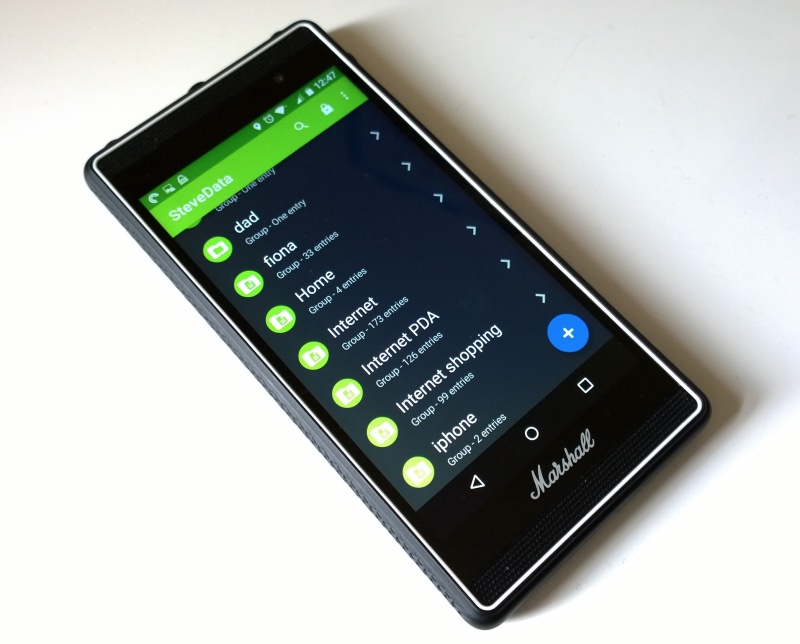
In the world of computing, dual-booting has always been like a combo move in a game: you buy one PC and you run several operating systems on it. Linux, Windows and Mac, all have their strengths and weaknesses, and you could leverage each OS for a specific use case or family member. But in the world of personal smartphones, the story is a little bit different. Dual-booting just doesn’t make sense. Here’s why.
No one benefits
Sure, you could point out the difference in app availability between Android and Windows Phone as the one area where current WP users would benefit but the app gap is being closed quickly, at least for the most popular and essential services. Besides, I would argue that no one will have the patience nor the enthusiasm to turn off their phone and reboot it into a different OS for the sake of accessing one or two apps, then turn it off and reboot it again to go back to the original setup.
What about Android users? Would they benefit from having the ability to boot into Windows Phone? Simply put: no. The real appeal of WP is its clean simple UI, so unless you are using it constantly, there is no gain in jumping in and out of it.
The only benefit would come for the manufacturer selling the products. As we have seen recently, Karbonn managed to get some hype and reach the headlines of major technology publications with their dual-booting Android and Windows Phone devices. They will certainly use this as a unique selling point to cater to two different audiences with the same device.
It’s just not practical
Suppose you’re the owner of a dual-booting Android and Windows Phone device and you use several services, like WhatsApp, Twitter, Facebook, Feedly, and so on. Would you download those apps to each OS separately and sign in on both to have an equal experience? Or would you find that wasteful and prefer to have them installed on one of the systems? In that case, do you miss on all of your notifications when you’re switched over to the other OS?
The idea of having both OSes on board seems awesome on paper, but in reality, you’ll end up favoriting one of them and barely ever switching to the other.
The reason there is a difference between the usefulness of a dual-boot on computers versus phones is the smaller screen estate and the lack of a virtual machine experience. Because you can’t run both OSes next to each other on the same phone screen, you will have to give up on one in order to use the other and that just renders the feature pointless.
Platforms are quasi-equal, ecosystems aren’t
We can bicker about iOS versus Android versus Windows Phone all day long, and for many months to come, but the truth of the matter is that when it comes down to the most frequent uses of a smartphone, all platforms have become quasi-equal. You can surf the web, watch videos, communicate, use social media, take photos, and get driving directions with the same ease on all platforms.
The differentiating features have quickly switched to an ecosystem war where Google Now and Gmail are up against iCloud and Siri, or Outlook and Bing. The only reason you would pick any platform over the other is this integration of services, and it’s very unlikely that many people will be invested in two different ecosystems. So if you don’t need the other OS for the features nor for the ecosystem, why would want access to it?
It’s for the very, very, very niche crowd
I’d love to be proven wrong but I can hardly see any future where dual-booting Android and Windows Phone handsets are popular, let alone the norm. The only instance in which I can see them being useful is for the hardcore tinkerers, for people who are invested in two different ecosystems for their work and personal use, or those who really require a certain app or two that do not exist on their platform of choice.
Do you want to have the option to dual-boot into Windows Phone on your Android device? If so, I’d love to read about your reasons.








